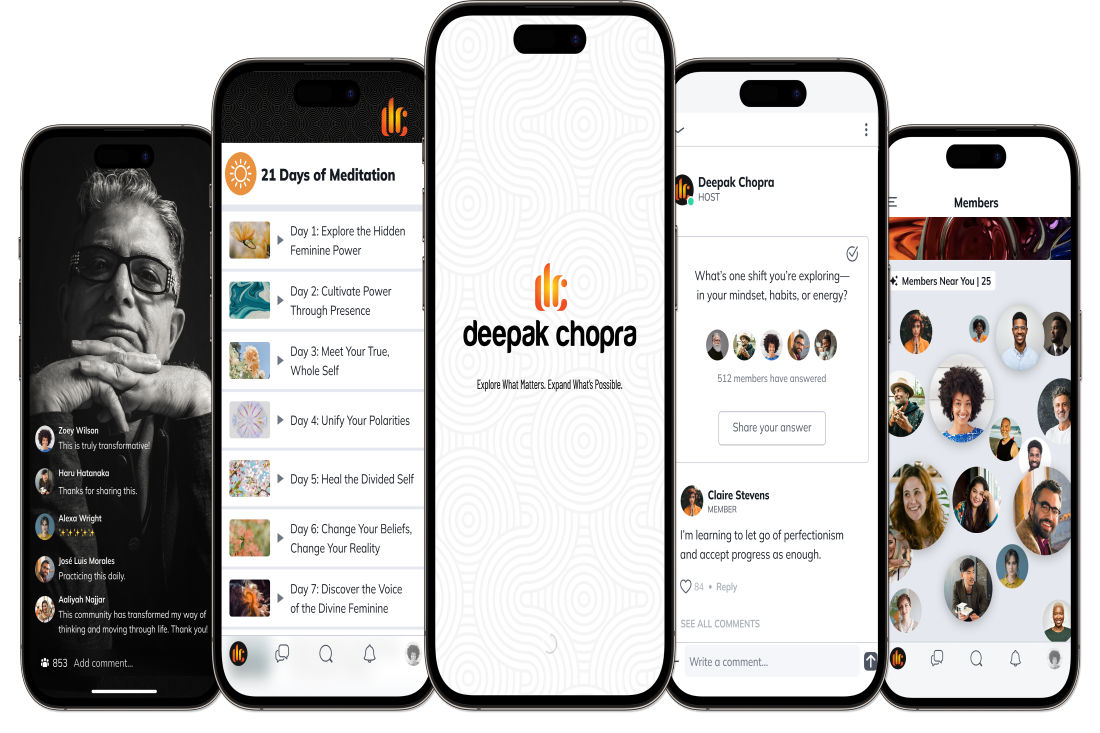In just a decade, Jeremy Cowart has built a photography empire. When he’s not shooting celebrities, he’s working on the photography site and app he founded, OKDOTHIS, or other ventures he’s founded, such as Help Portrait and See University.
He has a gaggle of assistants, a business manager and a client list that would make anyone star struck, but there are no diva airs about this Tennessean. When I walked into his studio in Nashville’s The Factory, a chic retail complex built in a historic factory mill, everything oozed style and creativity. But Cowart was so warm it was like meeting an old friend for the first time. It is probably that warmth that makes clients such as Kelly Clarkson come back to him again and again. As we set up he chatted about our gear, offering any of his own that we might need, and excitedly pulled out his laptop to show me the ins and outs of See University.
But don’t let his humility, charm and oh-so-casual beanie fool you; Jeremy Cowart is a force to be reckoned with. Here are a few lessons we can learn from Cowart, especially aspiring photographers or creative entrepreneurs:
1. Start where you are.
You might think Cowart had it easy, starting his photography in Nashville, surrounded by musicians. However Nashville also houses plenty of record labels and companies whose sole purpose is providing creative services for musicians. Cowart established himself with friends and acquaintances, did great design work for them, and built from there. “My friends would get signed, and they’d want to keep using me with the label. And the labels would discover me.”
2. Narrow your focus to your greatest strengths.
With so many other businesses able to provide a one-stop shop, Cowart realized he needed to focus on what he does best. He put away his Creative Suite tools and picked up a Canon, and chose not to look back. He didn’t try to do it all; he put his money where his talent is. That meant switching “thinking from graphic designer to photographer,” Cowart says.
This also means trusting an agent, and now a business manager, to help with strategy. If you are an artist, hiring a business partner can be the best investment you’ll make. The earlier the better.
3. Work your creative muscles.
Cowart says he is full of ideas, but explains it wasn’t always that way. “I sat down with a mentor, and he said, ‘I have ideas for days.’ I remember thinking, ‘I’ll never be you. I’ll never be the guy with ideas.’ I hope that’s encouraging to people, because the ideas out of your brain can develop.” The key is developing momentum, getting one small thing accomplished and then getting a little confidence. “And the more you build things, the more confident you get. I really do have a lot of ideas.” So if you’re not an idea machine yet, you can work your idea muscle and become more creative. But keep in mind…
4. Not every idea is a winner.
Now that he is an ideator, Cowart says he gives his ideas two months. It takes discipline to mull over an idea for that long. He seeks counsel from his wife and his business manager, and then lets his idea marinate. He explained that oftentimes, “I’ll have an idea and by the next day, I already think it’s lame. Or by the next week, I think it’s lame. So I wait for a two-month period and see if I am still excited.”
5. Don’t wait for support, be proactive.
I assumed, like many, that sponsors must have approached Cowart when he started gaining high-profile clients, but I was wrong. When he started to gain a social media following, he reached out to potential brands.
“I would approach sponsors and say—this was before the brands were social media-savvy—’I know you’ve never heard of me, but I have people paying attention to me online,’ and I could show them the numbers and say ‘I’d love to use this tool or this hard drive and I’ll post about it online.’ So then they’d go do their research and look at the numbers and then give me the gear.”
Part of being proactive means sharing about your work. No one loves self-promotion, but Cowart admits it’s part of the package. He does not employ a marketing team or even an agent anymore. “I have no choice. If I don’t talk about it, it won’t work. It’s just part of the drill.”
6. Just keep shooting.
If you are just starting, or perhaps going through a dry spell, tell the stories you have available, Cowart explains, and you will gain momentum and confidence. It doesn’t take high-tech equipment or a team of managers to build your brand. Start where you are and create constantly.
“It’s just like a ladder; take that first step. Once you achieve that first small step, your confidence will be a little higher. The higher you step, the more your confidence goes up.” he says. “As you do that, people look at you and they get around you, and I can build a team. It’s just momentum and belief in yourself.”
[[{“type”:”media”,”view_mode”:”media_large”,”fid”:”30441″,”attributes”:{“alt”:””,”class”:”media-image”,”height”:”350″,”style”:”width: 200px; height: 146px; margin: 10px; float: left;”,”typeof”:”foaf:Image”,”width”:”480″}}]]
Watch Kelsey Humphreys’ interview with Jeremy Cowart on The Pursuit, exclusively on SUCCESS Videos.







